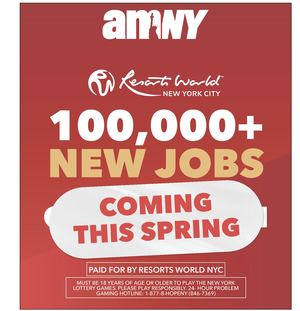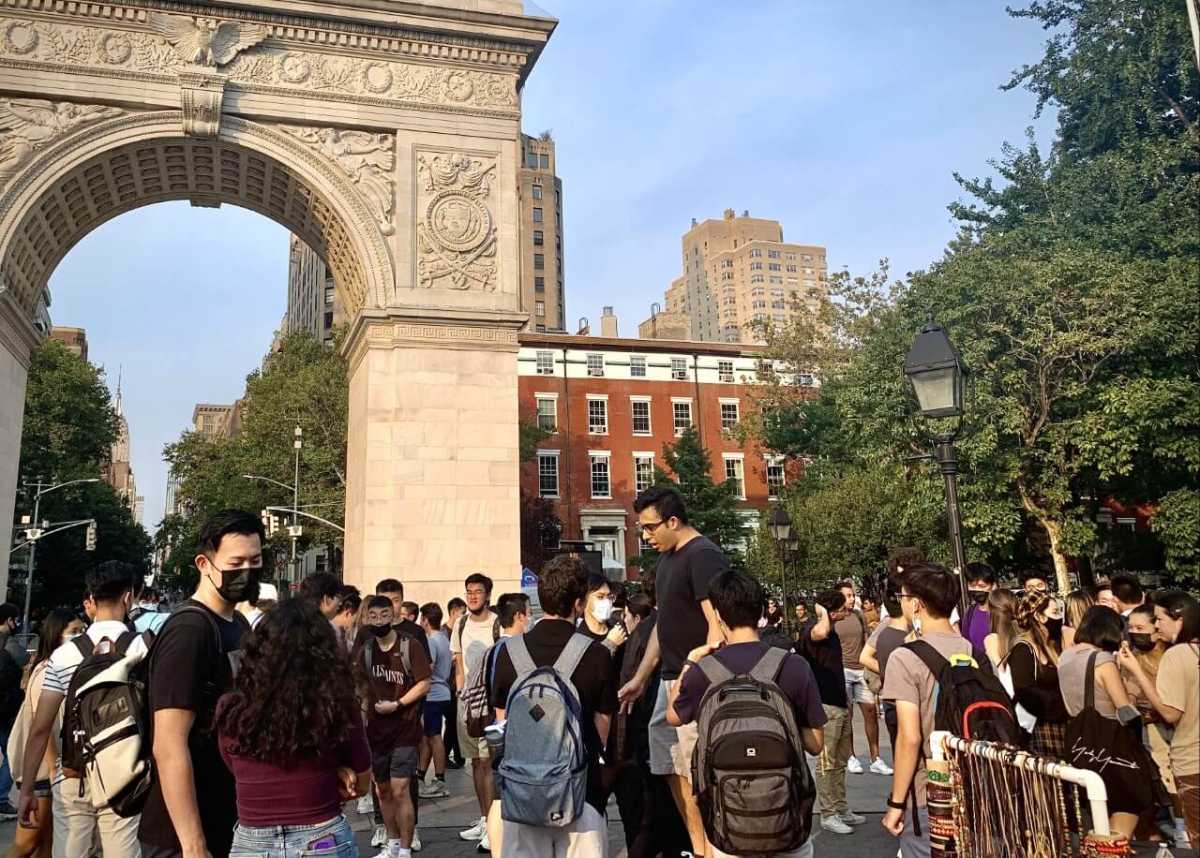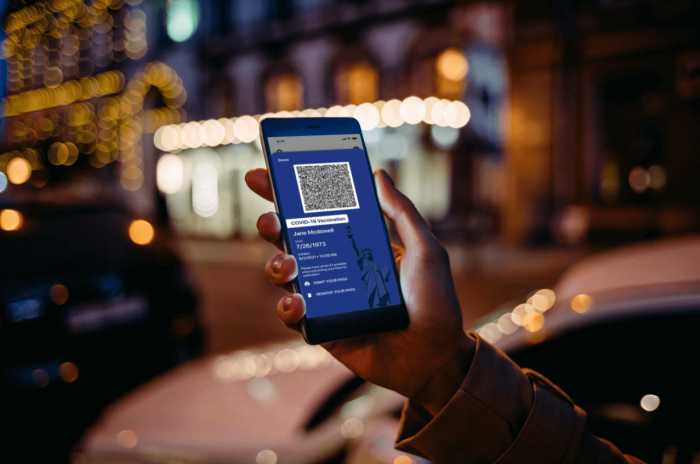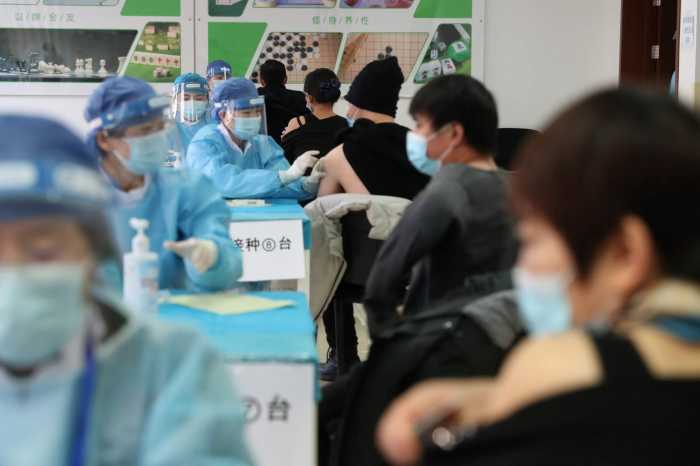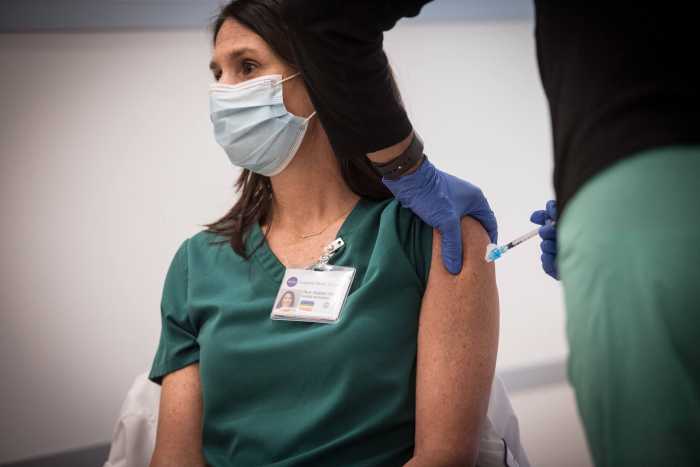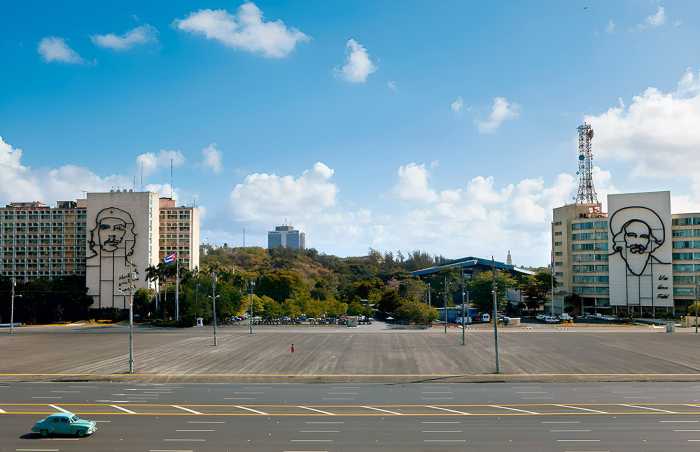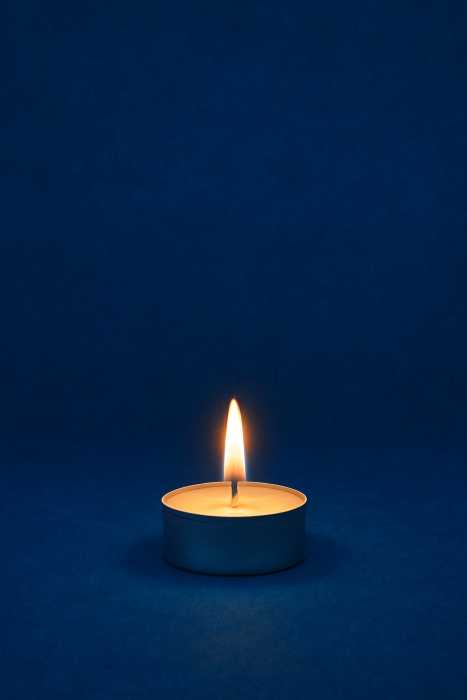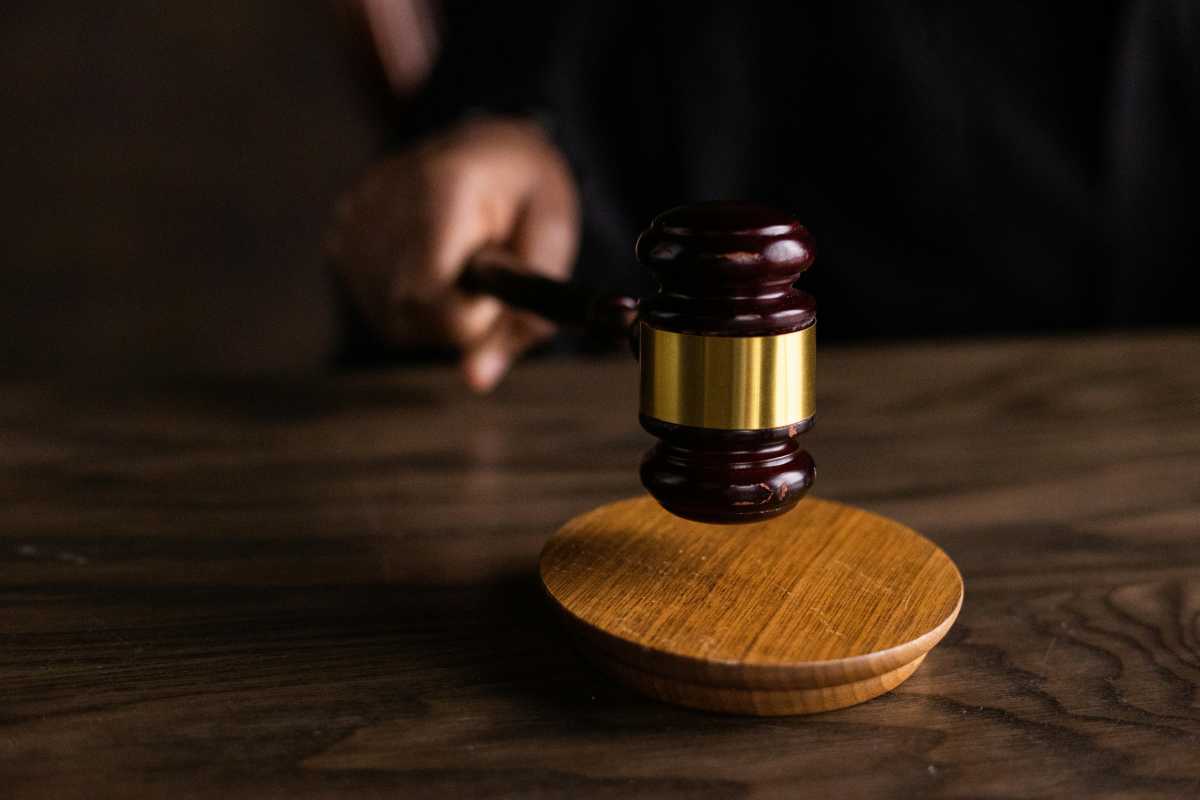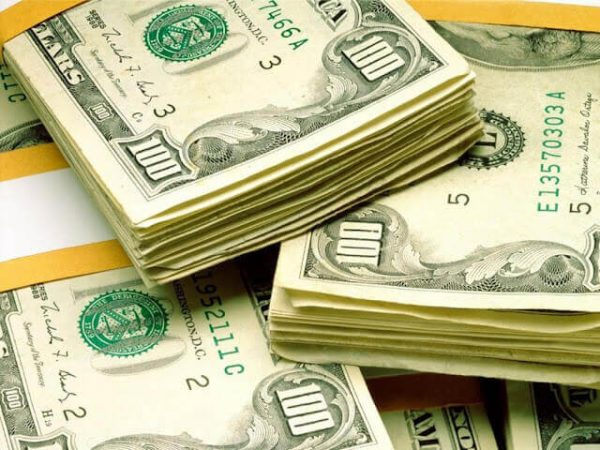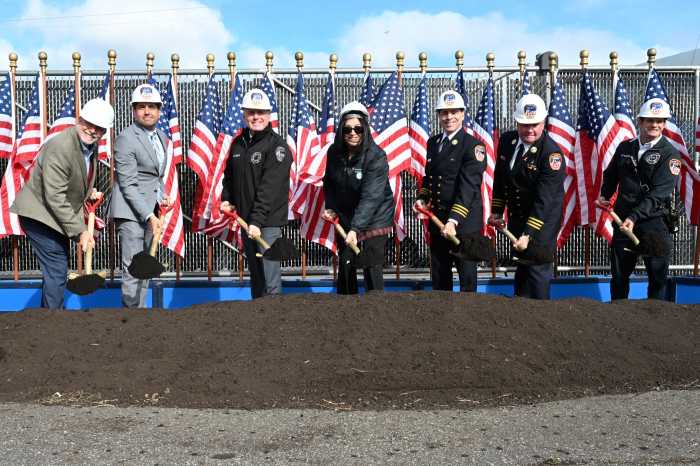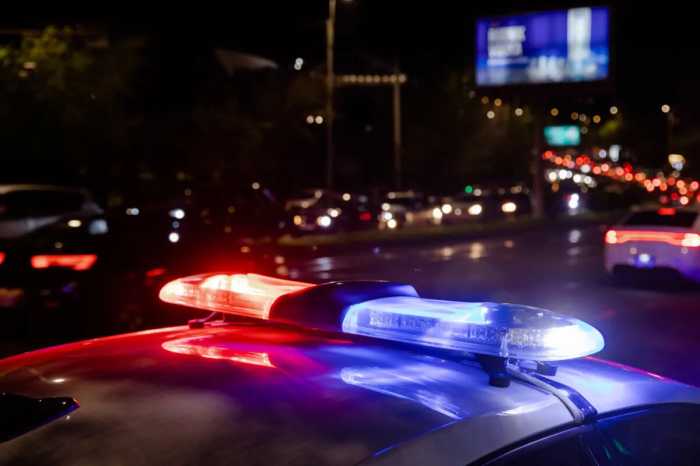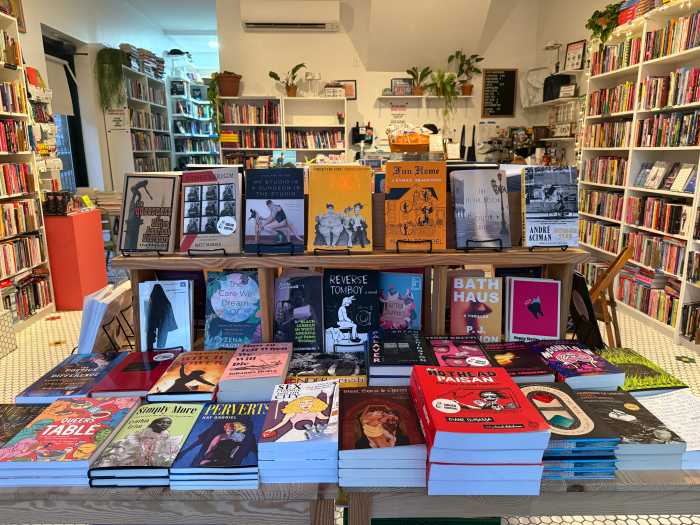Over a year ago, the pandemic sent young New Yorkers packing. But, after the vaccine rollout began mid-December, COVID-19 rates began to drop, reaching an all-time low at the end of June 2021.
Today, young New Yorkers started to breathe life back into the city. But as vaccination rates slow and variants run rampant, new policies are putting a hold on life again — especially for those who are young and unvaccinated.
Monday marked the first day that citywide vaccine mandates were enforced. The city deployed inspectors to make sure restaurants, bars, gyms, entertainment venues and other indoor venues checked their workers and customers’ vaccine cards before allowing them to enter.
The Key to NYC policy states all customers aged 12 or older are required to show proof of at least their first dose of the COVID-19 vaccine upon entering indoor dining, entertainment facilities and gyms. Mayor Bill De Blasio announced the new policy on Aug. 17, giving businesses nearly four weeks to prepare for the requirements.
“I think it’s a really good mandate because we can’t force people to get vaccinated, but we can say ‘you can’t go in these restaurants,’ so it’s a good way to motivate people who are unsure about getting the vaccine but want to go out to eat and go to Broadway,” said Clara Plutzer, a 21- year-old student at New York University.
The new policy came after data showed young New Yorkers still lagged well behind older residents for vaccination rates.
“I am absolutely certain this is going to motivate a lot of people to get vaccinated, particularly young people,” Blasio said in August. “We know one of the biggest areas of concern is reaching younger New Yorkers.”
63% of New York City adults ages 18 to 24 are fully vaccinated and 64% of adults ages 25 to 34 are fully vaccinated. But all other age groups, except for those 85 and older, have 10% more fully vaccinated individuals, according to data from the New York City Department of Health and Mental Hygiene.
Freedom in the city
Some young New Yorkers said they are confident they can still have fun in the city without being vaccinated. But others, who were not so sure, received the vaccine in exchange for the freedom to experience the city in full.
Bri Frei, a 29 year-old New Yorker who makes and sells jewelry said she has not been vaccinated for anything in the past five years. But Frei said there are enough spaces in New York for her to still be able to enjoy herself without being vaccinated.
Plutzer was one young New Yorker who got vaccinated to make sure she would have freedom.
“I wanted to have freedom and not feel like I couldn’t go places,” Plutzer said.
Plutzer, like many other young New Yorkers, got vaccinated before the Key to NYC policy was announced.
“Getting vaccinated was less about COVID and more about being a young person in New York and wanting to go do things,” Plutzer said.
Young New Yorkers received the vaccine for several common reasons: their parents made them, they wanted to protect immunocompromised family members and people, to have an extra layer of protection for themselves, their school required it, or because of the nature of their job.
Since the Key to NYC policy went into effect on Aug. 17, a total of 597,807 doses have been administered in New York City.
On the week the new policy was passed, between Aug. 14 and Aug. 20, 43,711 vaccine doses were administered to young adults in New York ages 18-24. Between Aug. 28 and September 3, 54,242 doses were administered. While doses initially rose among this age group following the Key to NYC policy, only 46,238 doses were administered between Sept. 4 and Sept. 10.
There was a similar trend among the 25-34 age group where vaccine doses originally spiked after the Key to NYC policy went into effect but between Sept. 4 and the 10th, doses began to level out again.
Others plan to get it soon.
“I just don’t have the time, but when I have to, then I will,” said Janiya Wong who is 17. Without proof of vaccination, she has already been turned away from some businesses. She said this new policy “just doesn’t sit right” with her.
Bruke A., a 20-year-old student at Parsons School of Design said he has mixed feelings about the mandate too.
“I think it (the mandate) is fair,” Bruke said. “It (the mandate) is not necessarily an incentive but it’s another way for the public to get on board with it (the vaccine). I have sort of mixed feelings. I support it, but I can also feel for businesses who may lose business because of it and for members of the public who are not able to get vaccines being excluded from those spaces.”
Wong plans to get vaccinated if she continues to be turned away from places she wants to go and to “make me feel safer,” she said.
Crystal B. an 18-year-old student at NYU said the mandate makes her feel safe and she thinks it is fair.
“In terms of fairness, yes, it’s fair because it’s for the greater good to keep us, as a whole, safe,” Crystal said. “Individually, it might not feel fair, but when you consider it in a wider context it is the fairest thing to do for the entirety of society.”
Hostility toward the unvaccinated
Frei said some of the people who check for vaccination at businesses have treated her differently after finding out she is not vaccinated.
Din V., a 31-year-old, vaccinated medical-worker said there is a lot of shaming around people who don’t get vaccinated. People should be able to decide for themselves if they want to get vaccinated, he said.
“Now it seems like they’re being punished for their decision not to,” Din said.
Sherry Escamilla, a 20-year-old unvaccinated New Yorker, also talked about this hostility. She said she thinks the mandate is “ridiculous” because it causes a separation between those who are vaccinated and those who are not.
“But even if you’re vaccinated you still have a risk of getting it,” Escamilla said. “Someone eating inside could still have it and pass it on even if they're vaccinated.”
But New York City Department of Health and Mental Hygiene data shows that “since mid-January, the vast majority of COVID-19 cases, hospitalizations and deaths in NYC are occurring in unvaccinated people.”
Between January 17 and August 17, unvaccinated people in NYC accounted for 96.1% of all COVID-19 cases, 96.9% of COVID-19 hospitalizations and 97.3% of COVID-19 deaths.
“I don’t want to play with fate,” said Artem C. a 20-year-old Parsons student. “Being vaccinated decreases my chances.”
